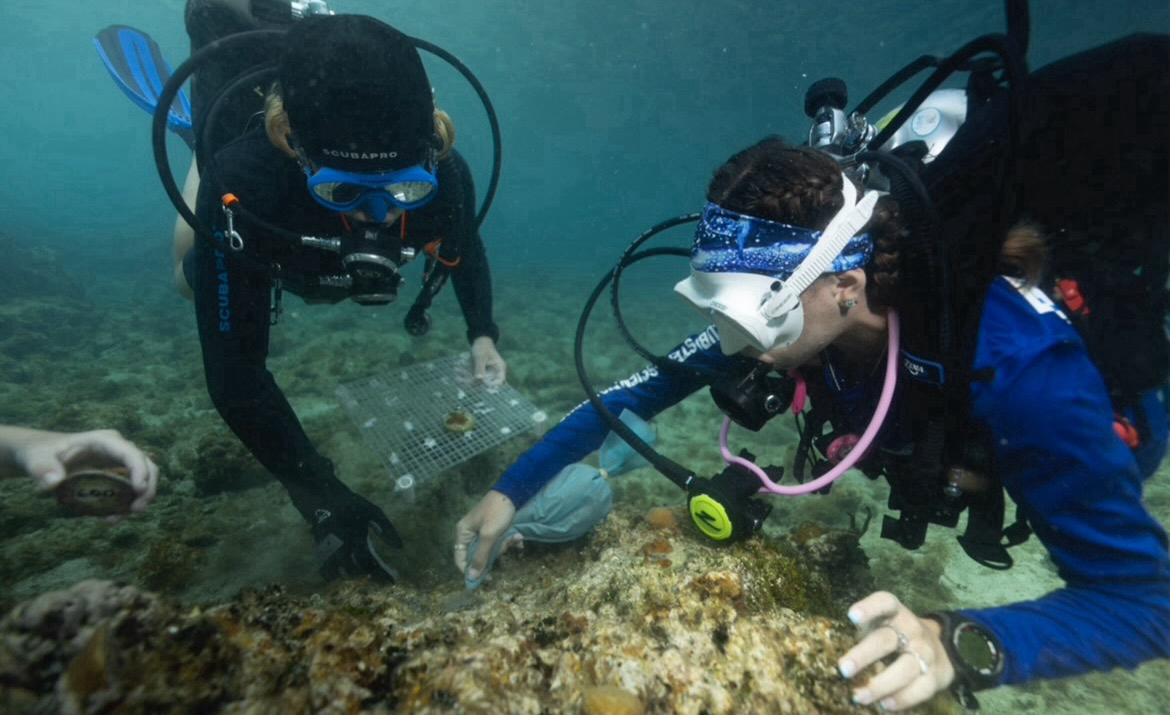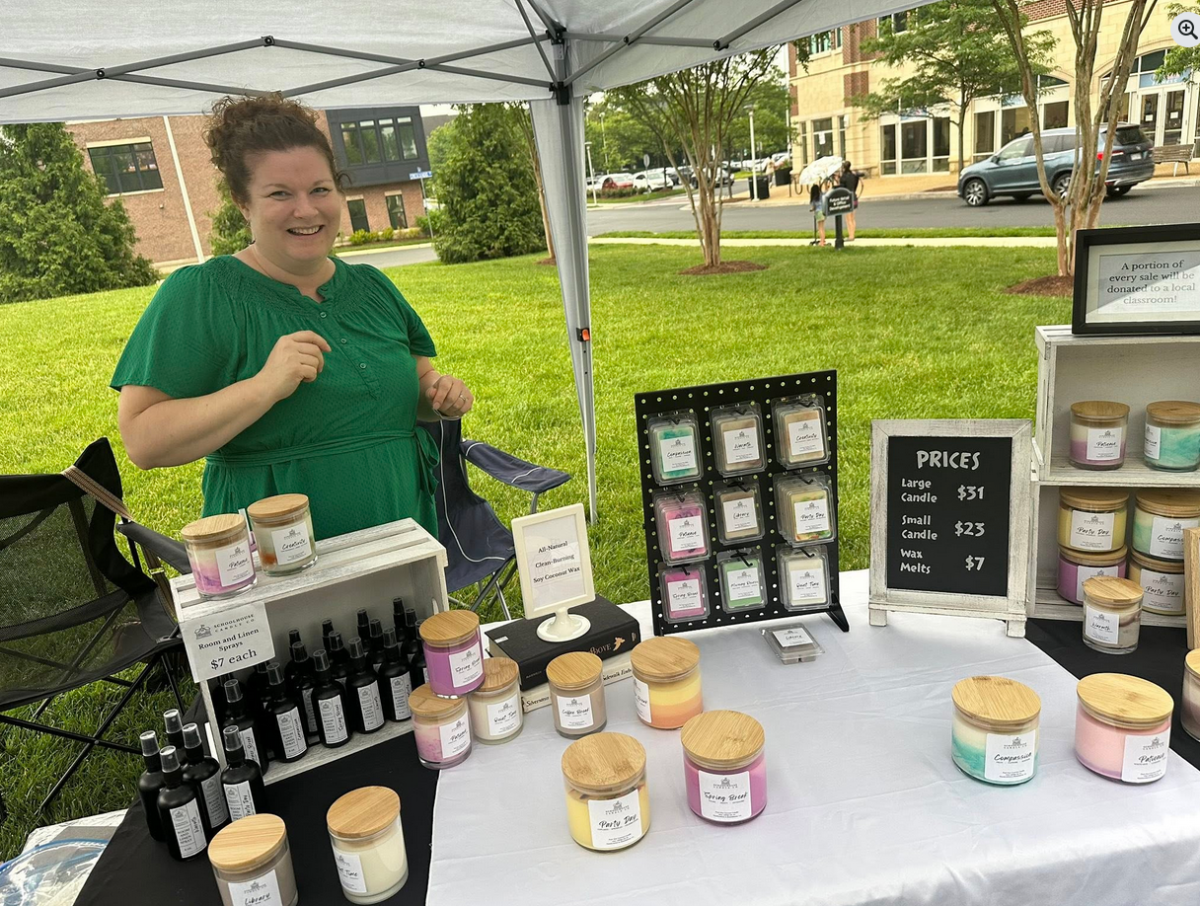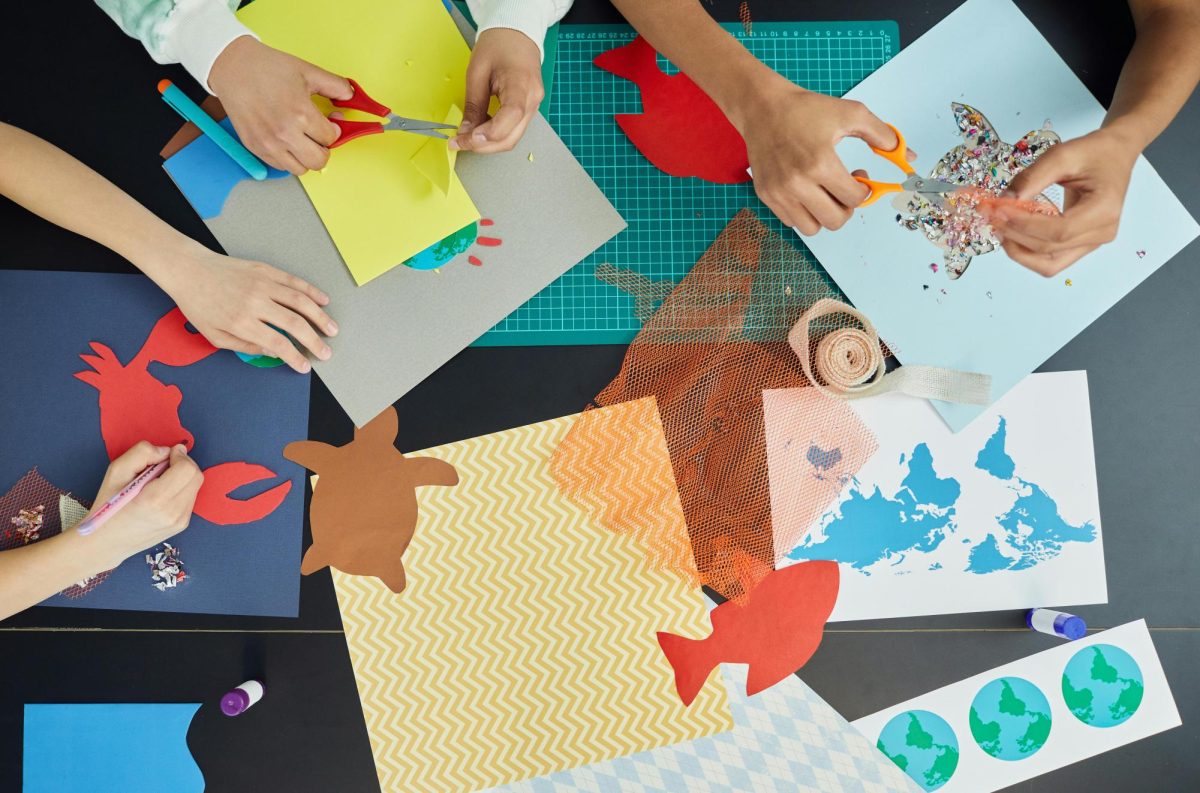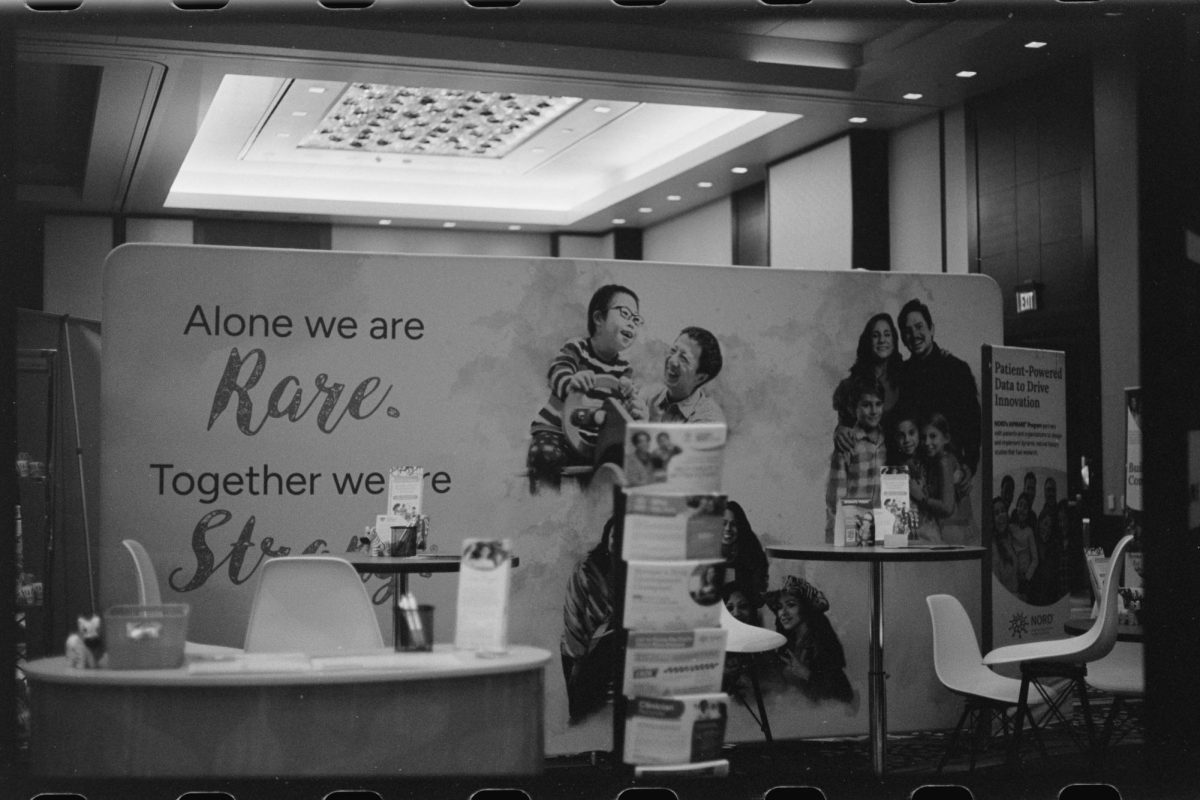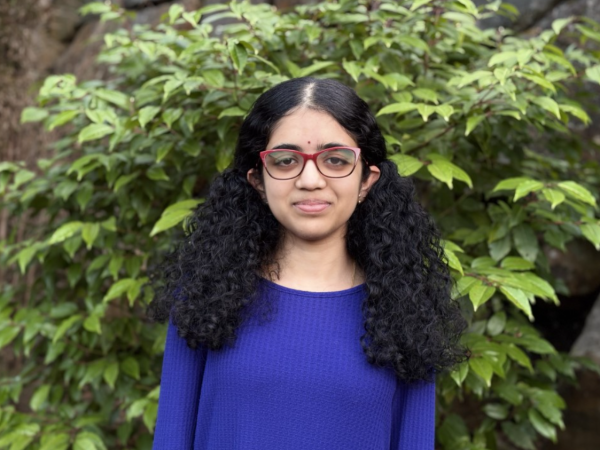Clad in scuba diving equipment, she plunges into the vast ocean from the safety of a boat. As she pushes through the pressure of the water, she carefully carries a sample of coral. Supportive cement slips through her fingers, and she plants the polyps to the seafloor.
For the past one year, GWUOHS sophomore Tamara B.* has been pursuing her passions for marine biology and scuba diving with DiveN2Life. This non-profit organization based in Big Torch Key, Florida trains adolescents to excel in the field of scientific diving and “empowers hands-on, experiential place-based learning in and under the water.”
Through the non-profit, Tamara obtained her official Scientific Diver Certification from the American Academy of Underwater Sciences in February of 2023, turning her pastime into a career. Since then, she has worked toward additional credentials including an open-water diver certification, rescue diver certification, full-face mask certification and an enriched air nitrox (EAN) certification.
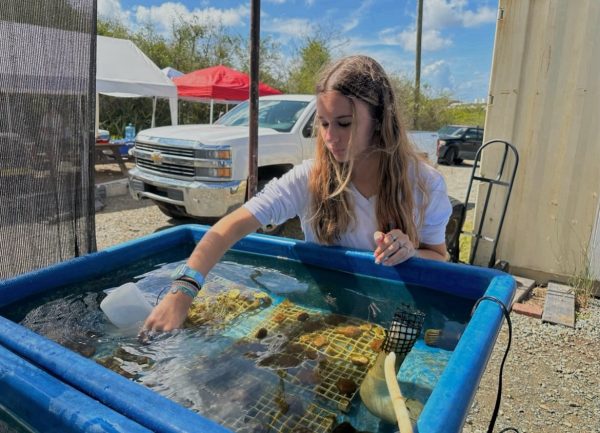
Tamara attributes her success to the encouragement and efforts of her team.
“Each accomplishment was made possible through the collaborative efforts of my dedicated team,” she said, “Without their support, none of these milestones would have been within my grasp.”
Tamara’s daily routine as a scientific diver includes a variety of tasks such as conducting surveys, planting coral, rescue diving and caring for aquariums. When learning new techniques, her team initially practices with plastic coral on land before diving into the water. In the water, she not only plants fresh coral but also checks on growing coral for maintenance.
“Post-dive, we discuss the whole day, which covers likes and dislikes, and lastly, we clean our equipment,” Tamara added. “The day concludes with reflections and preparations for the next dive.”
One of her favorite experiences as a scientific diver was traveling to the U.S. Virgin Islands for a summer expedition, where she was able to immerse herself in the process of planting and caring for coral.
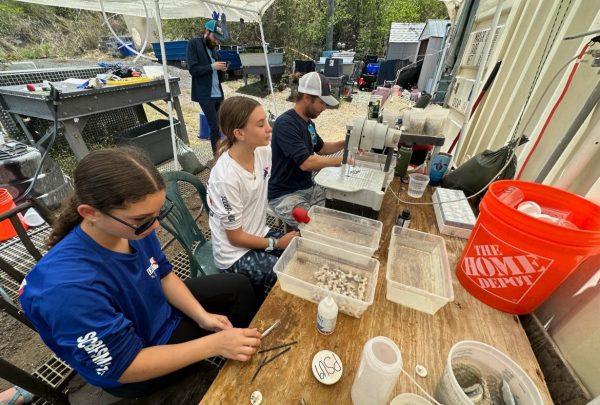
“By the trip’s end, I personally planted around [one] hundred corals,” she recalled. “Profound satisfaction came when I witnessed the resurgence of marine life in the area. Observing the fish returning and inhabiting the space felt like a direct result of my efforts.”
Despite these rewarding moments, her career has not been free of challenges. For Tamara, the danger involved in her job was a significant concern.
“Ever since the beginning, I had to learn about the potential risks of diving, and it triggered a considerable amount of anxiety. Navigating through the physiological aspects of risk in underwater exploration proved to be a formidable aspect of the journey,” she said.
Nonetheless, Tamara finds that working with an enriching group of individuals who share her interests and skills makes her job enjoyable.
“The joy I derive from this goes beyond the meaningful work itself,” she noted. “It extends to the remarkable individuals I encounter on this journey. Meeting like-minded people who share the same passion and commitment is truly inspiring.”
The direct impact her work has on the marine environment makes scientific diving even more special to Tamara.
“Preserving these ecosystems is essential not only for the health of our oceans but also for sustaining the livelihoods of communities dependent on them,” she said.
*Last name withdrawn for student privacy

